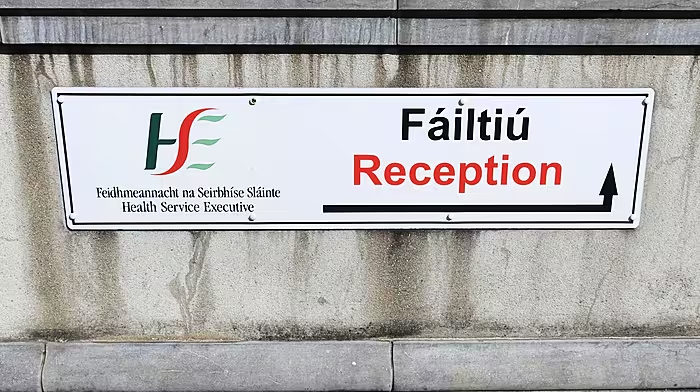One hundred years ago this Sunday, at 11am (French time) on the 11th day of the 11th month of 1918, on what became known as Armistice Day, the guns of the opposing forces fell silent, bringing the so-called the ‘Great War' to an e
ONE hundred years ago this Sunday, at 11am (French time) on the 11th day of the 11th month of 1918, on what became known as Armistice Day, the guns of the opposing forces fell silent, bringing the so-called the ‘Great War’ to an end. The centenary of the signing of the armistice – or truce – between France, Great Britain and Germany, known as the Armistice of Compiègne, named after the place where it was signed, was the prelude to the Treaty of Versailles which put all the blame for the war on the Germans and imposed a huge debt on them to pay back for the damage done by the war, which was only finally paid off in recent years.
Lest we forget, the bitter conflict was sparked in June 1914 by the assassination of the Archduke Franz Ferdinand and his wife, Sophie, by a Serbian nationalist in Sarajevo, causing Austria to declare war on Serbia, which led to a deadly ripple effect as Russia sided with the latter, Germany declared war on Russia, then invaded France and Belgium, which in turn brought Great Britain into the war.
During the four years the war lasted, there was an estimated total of 15 to 19 million military and civilian deaths as well as 23 million people wounded. Some 36,000 Irish people lost their lives fighting for the Allied forces and many who survived and returned to Ireland after the war were ostracised for joining the British Army.
While many of them were at war on the Continent, the leaders of the 1916 Easter rising seized the opportunity to take on Britain’s might and declare an independent republic here in Ireland. However, the British mustered enough military resources to quell the uprising, but they were unable to stem the growth of nationalism that followed the execution of its leaders.
It was against this backdrop that men and women who had served with the British Army returned to Ireland at the end of 1918 to be met with suspicion and hostility, much of which was understandable, but these people were stigmatised by that association. Indeed, it took several generations for Irish nationalists to come to terms with the fact that many of their fellow citizens had fought for Britain in two World Wars – not all of them necessarily by choice, but arguably for a far greater cause.
Thankfully, we are now living in an era where the contribution of Irish people who fought with the British Army is being recognised and commemorated alongside all others who fought in conflicts worldwide. A greater appreciation of the futility of war is influencing this thinking and days like Remembrance Day, which coincides with Armistice Day this Sunday, are not meant for the glorification of war, but to remember the fallen and appreciate the sacrifices they made for the greater good as they paid the ultimate price with their lives.
Every year at this time, the divisive issue of the poppy symbol arises. While it had historic significance to various religions and in Greek and Roman myths, the poppy was adopted after the First World War, in 1921, as a symbol of remembrance of those who died.
In Ireland, Sinn Féin has the Easter lily as its symbol of the republican struggle and sees the poppy as a symbol of British imperialism. Little wonder that shockwaves went through the party when its presidential election candidate, Liadh Ní Riada, declared during the campaign that, if elected, she would wear a poppy on Armistice Day as a symbol of goodwill to the unionist community.
Derry-born Republic of Ireland soccer player James McClean, who seems to be with a different English club every year, continues – as is his right – to refuse to wear a poppy symbol on his jersey. Roscommon-based Fine Gael Senator Frank Feighan has come up with a special shamrock poppy pin, which he has sent out to all Oireachtas and local authority members, urging them to wear it to mark the centenary of the Armistice.
The truth is that there is a huge cohort of people in Ireland who would be as uncomfortable wearing an Easter lily as they would be displaying a poppy on their lapel. However, notwithstanding such symbolism, it is far more important that we never forget the great sacrifices made by people who were conscripted or who chose to fight in wars to face down tyrants, and pray that we will never have to directly witness death and destruction on such an unimaginable scale in our lifetime.







